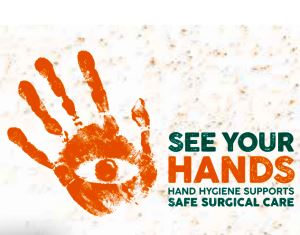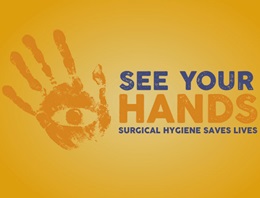The subject of this year’s campaign is surgical site infections, with particular focus on ensuring clean hands from the moment the patient enters the hospital, through surgical preparation and post-operative care, and until the patient is discharged.
Infections that are caused by, or associated with, health care happen every day and affect hundreds of millions of people worldwide. Health care-associated infections cause avoidable harm and suffering for patients, prolong hospital stays, increase financial burden and, sometimes, lead to long-term disability or death.
The prevalence of health care-associated infections in several countries in the WHO Eastern Mediterranean Region is reported to vary from 12% to 18%. Surgical site infections are the most frequent type of infection in low-income and middle- income countries, with a pooled incidence of 12 per 100 surgical procedures.
Hand hygiene is a very simple action and has been shown by several studies to efficiently prevent health care-associated infections and enhancing patient safety. However, only around 40% of health care workers follow the standard hand hygiene practices and 35% of health care facilities in low and middle income countries still do not have soap and water for hand hygiene.
It is therefore important for health care workers, especially surgical teams, to improve their hand hygiene compliance and for health care facilities to improve their water, sanitation and hygiene (WASH).
Related links
Practise hand hygiene for surgical patients from admission to discharge
Video
Posters





